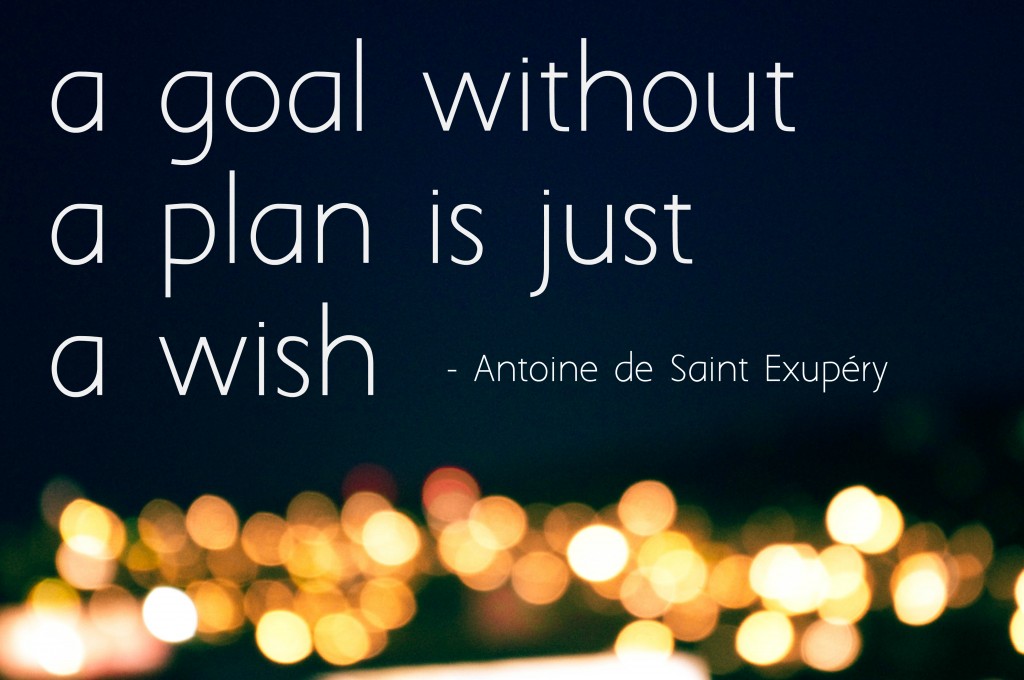A goal without a plan is just a wish (Antoine de Saint-Exupéry)
What is the best way forward for sustainable development?
The Millennium Development Goals (MDGs) have contributed to making earth a better place to be. From 1990 to 2015, they have helped the international community focus its efforts to improve access to healthcare and sanitation, make progress on gender equality, and reduce extreme poverty and hunger.
But we are not there yet. Low levels of development erect enormous barriers to happiness, and must be lifted. A developed country more often than not is a happy one. It is not automatic though: money does not always buy happiness. The opposite appears to be truer: poverty tends to buy unhappiness.
After MDGs, SDGs
To be truly successful in building on the progress of the MDGs, the new development goals, or Sustainable Development Goals (SDGs) should be a smart set of goals focused on the areas that make a real difference in people’s daily lives. It is sad to see that the SDGs succeeding the MDGs don’t guide us as well to reach higher levels of well-being as the previous set. Goals require focus.
The SDGs are too broad and lack the focus to reduce the barriers to a good life. As they are negotiated, the current set consists of 17 goals with a large number of sub goals. Whilst all of them are worth achieving, some are not specific enough to serve as a goal:
3.d strengthen the capacity of all countries, particularly developing countries, for early warning, risk reduction, and management of national and global health risks
How will the capacity be strengthened? By when?
Others seem to have little to do with real development. Everybody is in favour of sustainable tourism and creating jobs (buzzword!), but should that be the priority in the next 15 years?
8.9 by 2030 devise and implement policies to promote sustainable tourism which creates jobs, promotes local culture and products
Well-being is only referred once, in a horrible and vague formulation in diplomat speak that has all signs of being negotiated in multiple rounds. It doesn’t cover health, social support or personal development but… sustainable infrastructure. Here is the clause:
“develop quality, reliable, sustainable and resilient infrastructure, including regional and trans-border infrastructure, to support economic development and human well-being, with a focus on affordable and equitable access for all.
Let’s pause there for a moment. Tomorrow I’ll continue with more questions: can Ban Ki-Moon help us to achieve concrete goals? And if we were to adopt goals based on happiness instead, what would they look like?

